The main purpose of a Right of First Refusal is that it allows the tower operator the ability to match any written offer a landlord shall receive from a third-party company. On the surface it may seem harmless, but it could have an impact on the overall value of your site. Why might you ask? There are companies that buy leases that won’t waste their time making an offer if they know the tower operator will just match. Thus, this limits the competition vying for the lease which will give the tower operator leverage if the common landlord doesn’t involve an industry expert.
This provision is one of the most important in any ground lease or amendment. A lot of older agreements didn’t include a Right of First Refusal, but as third-party companies started to buy these leases, it was advantageous for tower operators to include a ROFR in any new ground lease or subsequent amendment that didn’t have a ROFR in the underlying ground lease.
Old ROFRs in contracts mainly protected the tower operator against sales of the parcel the tower is located on. As the industry has evolved, that language has been crafted to cover all the bases including easements. Perpetual Easements are the most common buyouts in the industry which is why the new language the tower operators use specifically call out easements in their ROFRs.
If you happen to have a ROFR in your lease and you’re contemplating selling, I recommend you involve an industry expert. It doesn’t hurt to see if this expert has some contacts to help obtain a better offer than what the tower operator has made.












